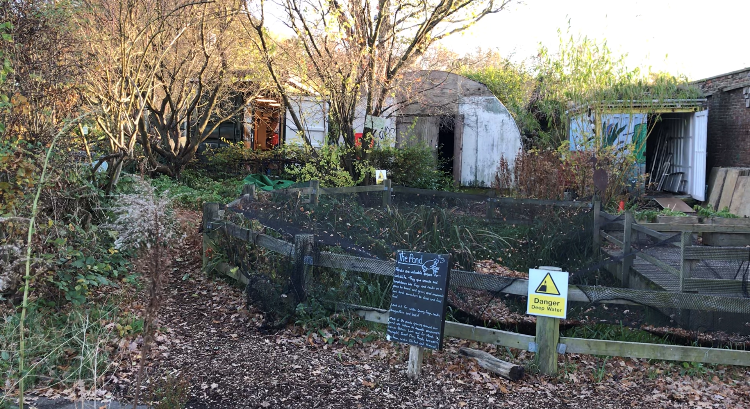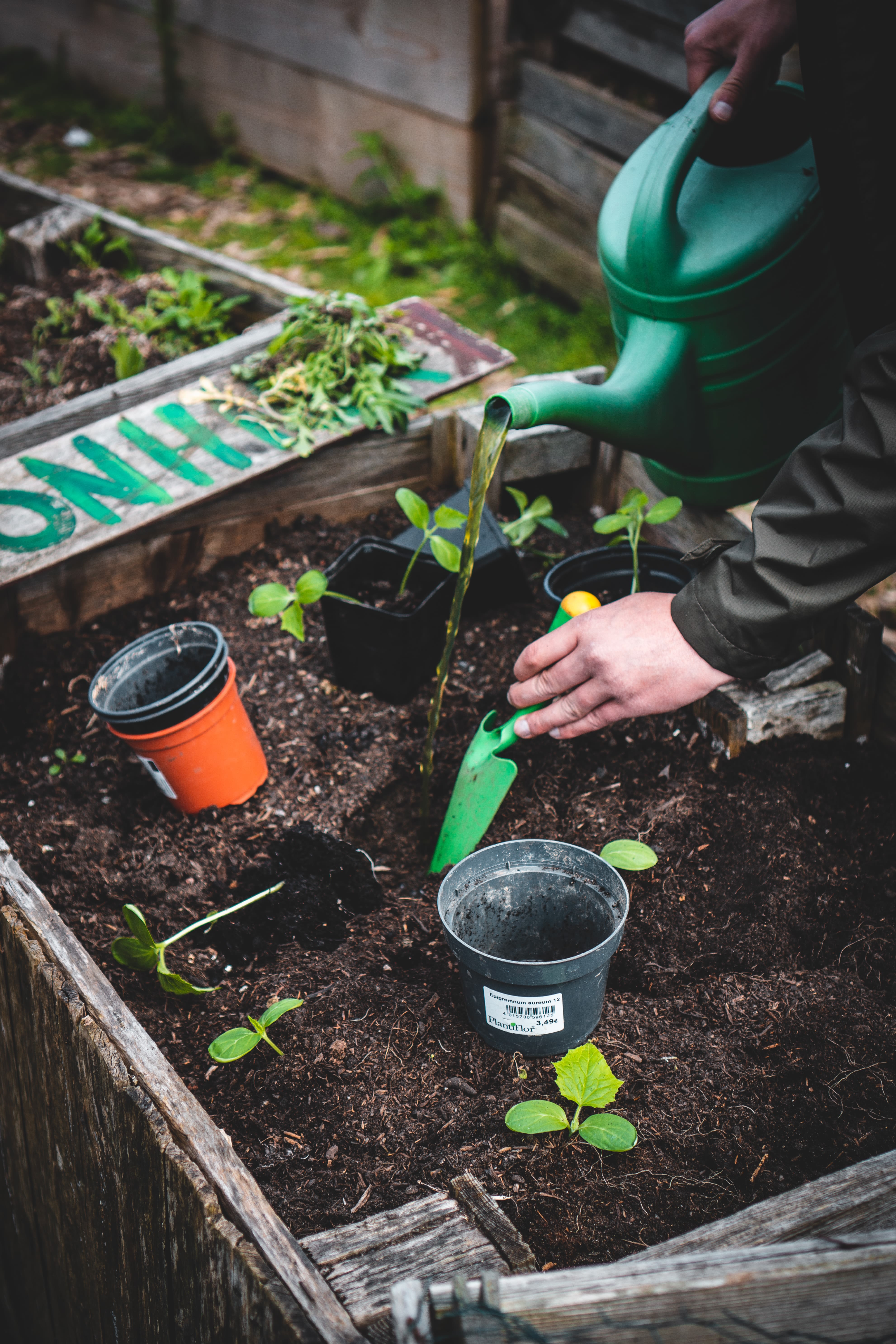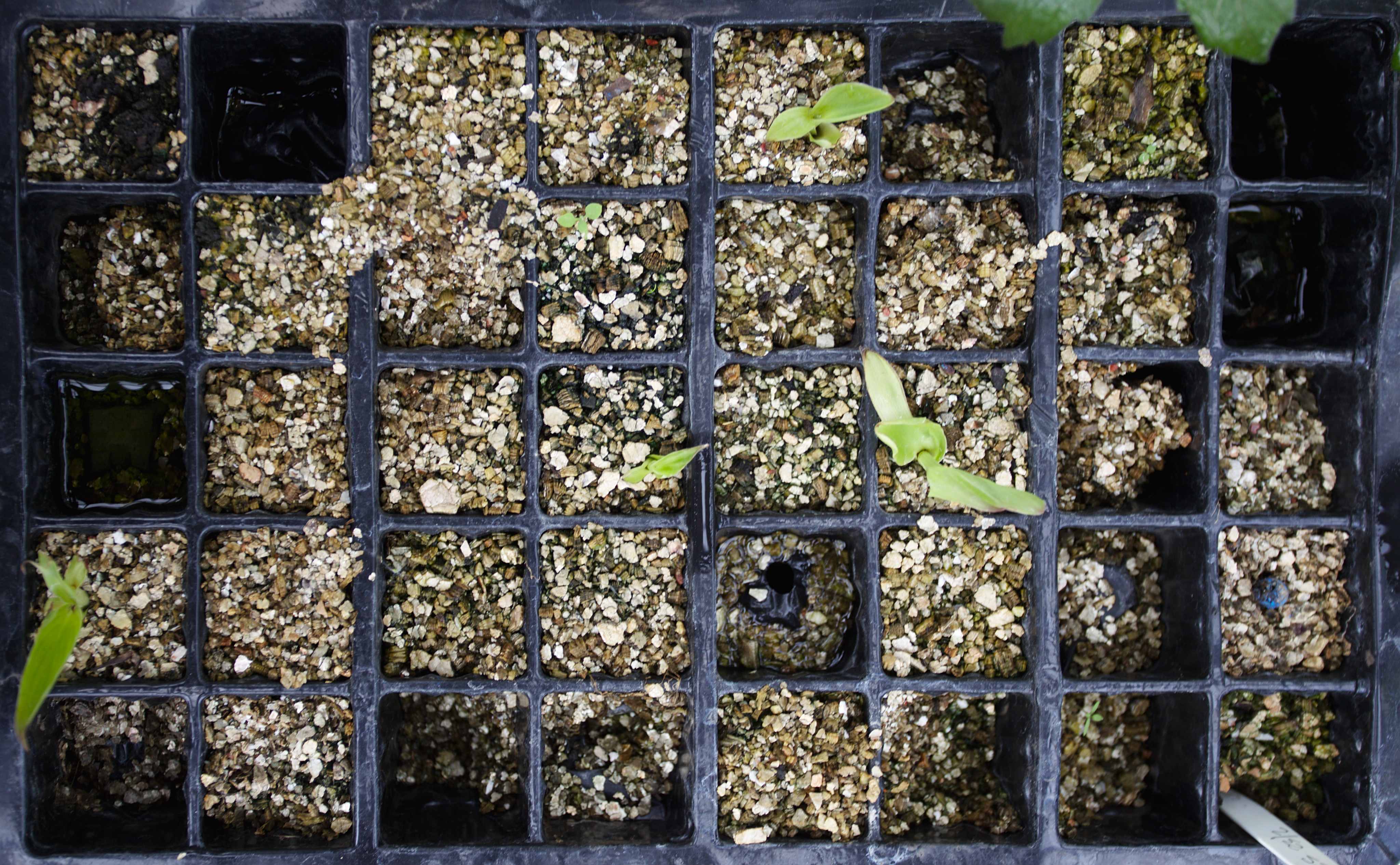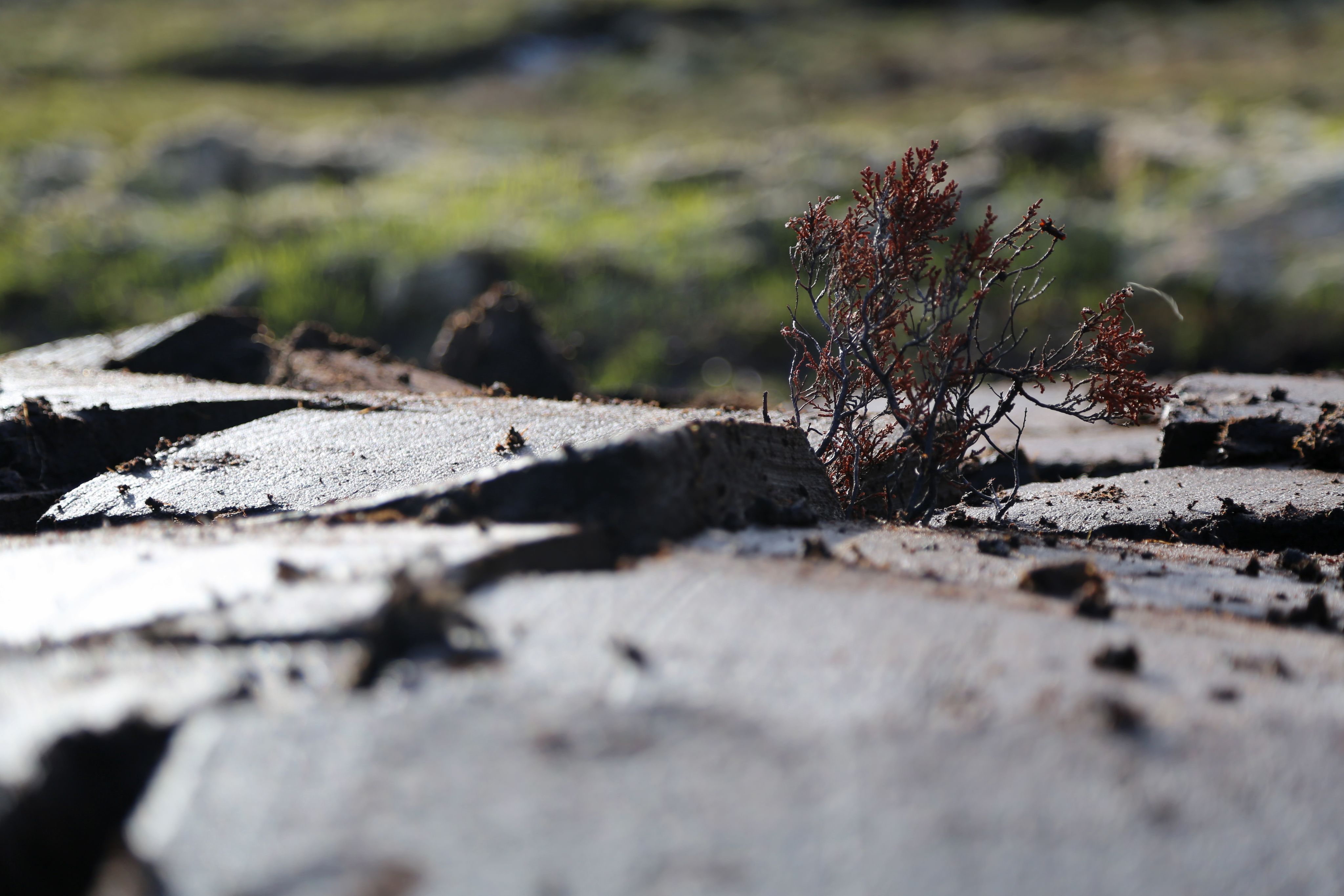Organic and Community Gardens:
What are they and what are their benefits?


Brockwell Park Community Greenhouses
Brockwell Park Community Greenhouses
An increasing number of people in urban spaces have been taking up community gardening since the start of the pandemic, and throughout the numerous lockdowns across the country, with many saying they have rediscovered nature.
An important and common component of a lot of community gardens is that they try to use organic gardening techniques, and encourage the local community to have a more holistic approach to green spaces.
Community gardening has an important role in giving people an opportunity to engage with nature, while also being a space to socialise and share a common purpose with others in the area.
Brockwell Park Community Greenhouses (BPCG), a community garden in the centre of Lambeth which practices organic gardening methods, has regular gardening sessions, and also offers a range of non-horticultural activities, such as lino printing, woodworking, yoga, tai chi and fermentation to draw wider parts of the community in. It aims to provide a creative environment that people want to spend time in.
Chris Smith, Chair of BPCG said: “An important part of our mission is to reach people who are deprived of green spaces, but also those who are economically and educationally deprived.
“We are also trying to reach more men as 75% of our volunteers are women.”
Joe White, who is a new volunteer at BPCG, said that he enjoys spending time with people of all age groups who he might not encounter in his day-to-day life.
White said: “I learn so much from being surrounded by people in the community, not many other places provide such an opportunity.”
Brockwell Park Community Greenhouses
Our mission is to be a haven for urban people and wildlife, and to provide a place where everybody can learn, play and grow together.
Community gardening and access to green spaces
According to Natural England’s Monitor of Engagement with Natural Environment survey, there is unequal access to green spaces, such as private gardens, patios, balconies, community gardens, and parks in urban/rural areas, and among different ethnic groups.
The survey's results show that Black people are nearly four times as likely as White people to have no access to outdoor space at home (37% compared with 10%).
Data from the ONS

Image: Jonathan Kemper
Image: Jonathan Kemper
Mental and physical health benefits
The Royal Horticultural Society (RHS) has done a lot of research to understand the mental and physical health benefits of gardening. In 2021, they revealed that of 6,000 people they studied, those who did gardening every day had wellbeing scores 6.6% higher, and stress levels 4.2% lower than those who didn't garden at all.
Exeter University also conducted research using data from over 1,000 participants and found that on average, people moving to greener areas experience an immediate improvement in mental health that is sustained for at least three years.
The Office for National Statistics (ONS), however, reveals that one in eight British households (12%), and more than one in five households in London (21%) has no access to a garden.

Image: Mark Longair
Image: Mark Longair
So what is organic gardening?
Some key facts
- Conserving natural resources and avoiding pollution and health hazards are important elements of organic gardening
- An organic garden relies on good soil health
- A fundamental feature is reliance on manures and fertilizers derived only from animal or plant remains
- Many pest and disease resistant varieties of fruit and veg are available to gardeners
- Most 'conventional' gardeners can find ways to cut back on using pesticides
The RHS describes organic gardening as ‘a cultivation system which makes minimal use of manufactured substances, and emphasizes the interdependence of life forms.’
Chis Smith explained that BPCG, alongside other gardens in London, makes a great effort not to use any chemicals, or materials that are produced inorganically, such as weed killers.
He also highlighted that the production of these chemicals, which are used excessively in intensive farms and gardens around the world, demand a lot of energy, and therefore have a detrimental impact on the climate crisis.
Many chemicals still used in gardening and farming are also dangerous for people’s health, such as glyphosate, which is increasingly being banned around the world.
Smith added that BPCG produces compost from a combination of its own green waste, and horse manure provided by a regular supplier.
Smith said: “Inorganic chemicals disturb the natural soil structure, and we’ve spent 20 years getting our soil to the state it is at.”
Smith also spoke about a common misconception that organic gardens are left to their own natural processes without any interference from gardeners. He said that at BPCG, while they do try to practice a relatively natural rhythm of gardening, they also function as a nursery, and therefore have to manipulate the garden to get effective results.

Image of peat: Calum John Macleod
Image of peat: Calum John Macleod
It is not only inorganic materials that gardeners should be wary of. Peat is produced by the decomposition of bog plants into carbon dioxide.
When we mine peat for gardening we release the buried carbon dioxide which adds to greenhouse gas emissions. We also destroy the habitat of many species in the environment.
Many gardens, including BPCG, have stopped using peat entirely.
Organic and community gardening in London
There are many other gardens in London like BPCG that offer community sessions.
Loughborough Farm, Vauxhall City Farm, the South London Botanic Institute, Hammersmith Community Gardens, St Mary’s Secret Garden, E17 Organic Gardens, Streatham Common Community Garden, and Sydenham Garden are just a few.
